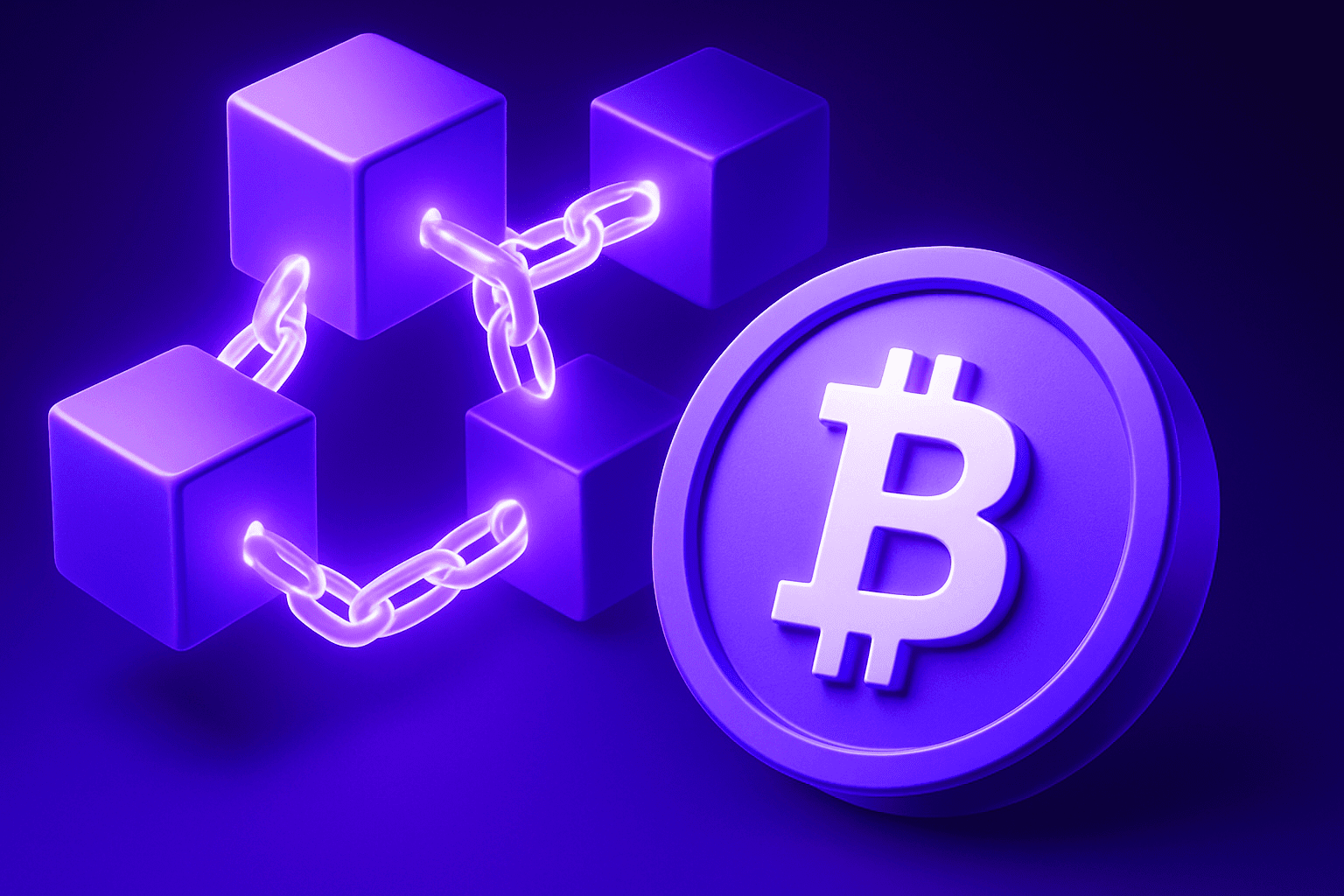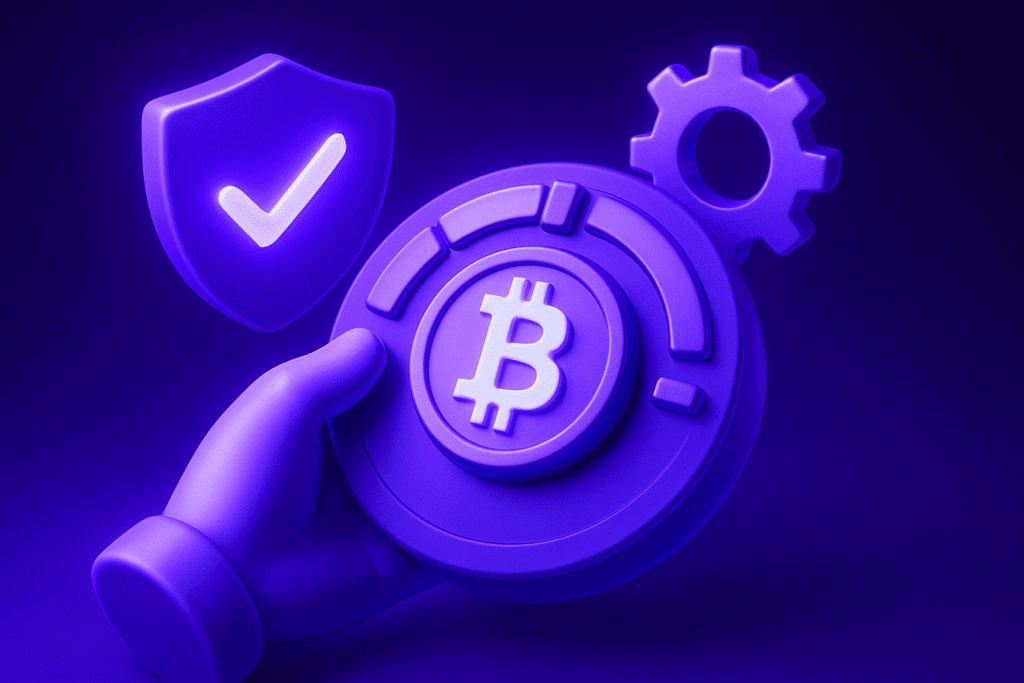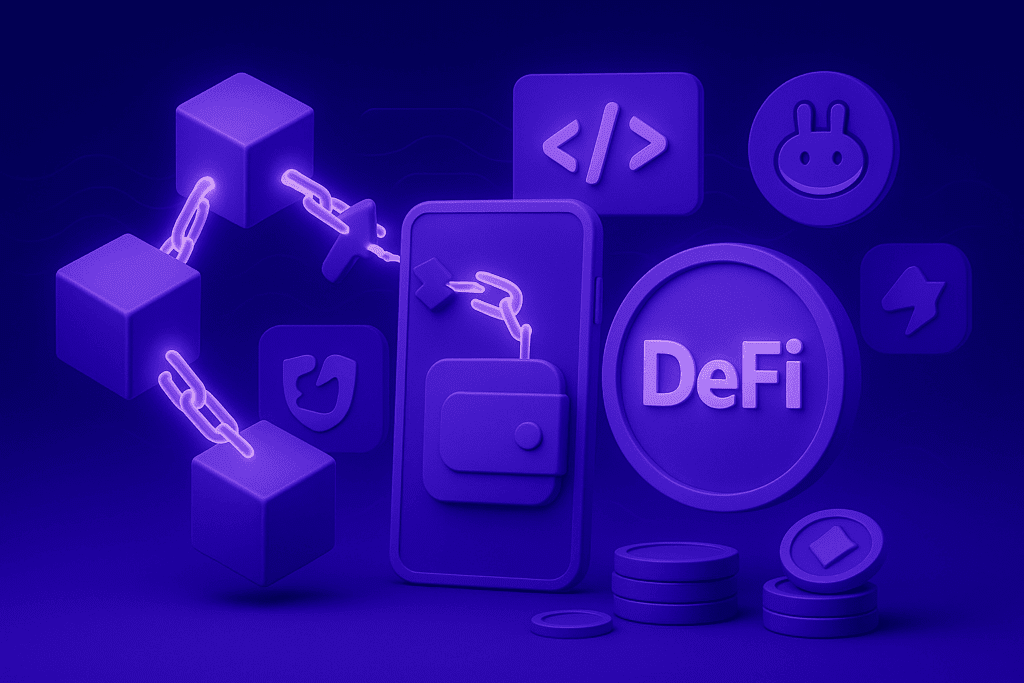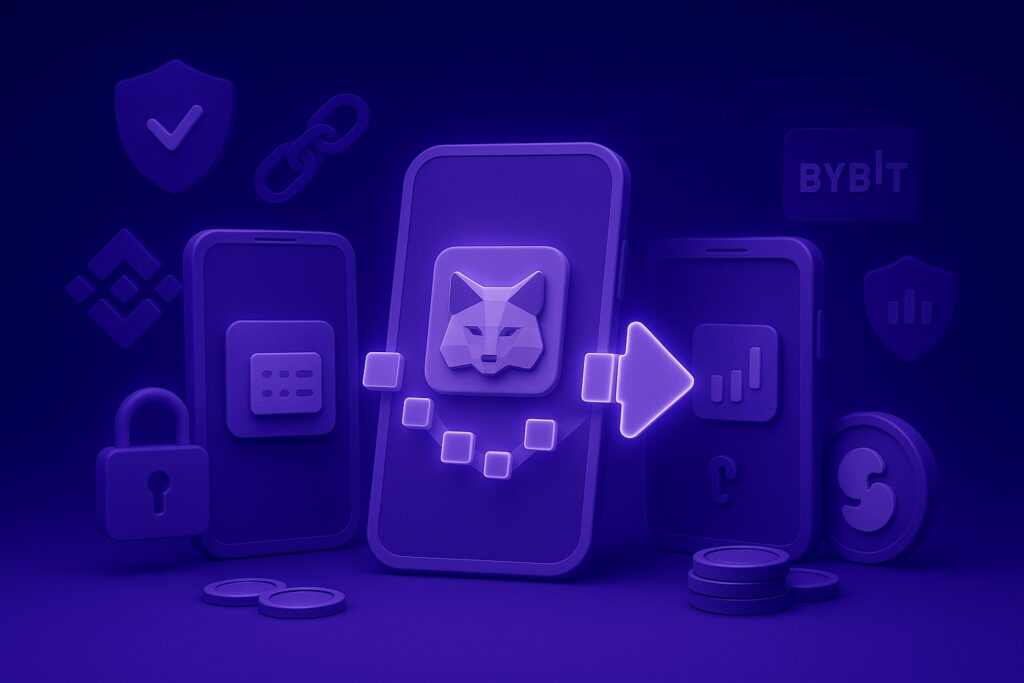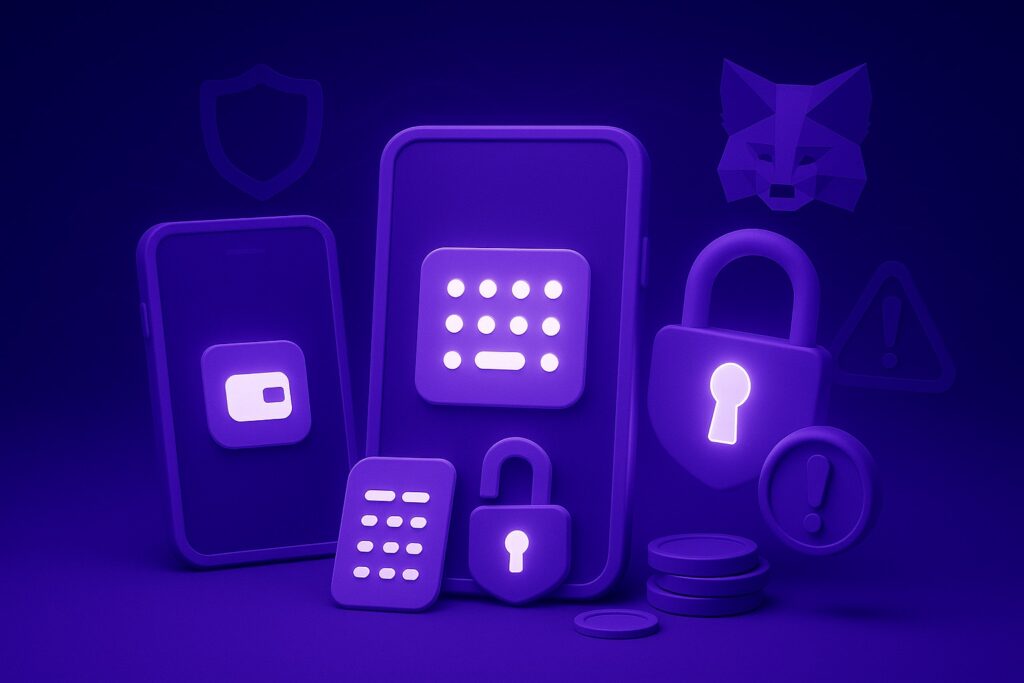Cryptocurrency is a word almost everyone has heard by now. But what does it actually mean? How does it work, why do people need it, and is it really as complicated as it seems?
If you are just starting to learn about crypto or want a quick refresher, this Bitlich guide is for you. We will explain everything in plain English, with real-life examples, myth-busting, and no technical jargon. Only practical information.
What Is Cryptocurrency, in Simple Words?
Cryptocurrency is digital money that exists only online and follows its own rules.
Unlike regular dollars, euros, or pounds, cryptocurrencies have no physical bills or coins. They are fully electronic and are not issued or controlled by any government or central bank.
In other words:
Cryptocurrency is like electronic money, but there is no central bank. It cannot be printed or counterfeited.
Popular examples of cryptocurrencies:
- Bitcoin (BTC): The first and most famous cryptocurrency.
- Ethereum (ETH): The second most popular cryptocurrency, used for more than just payments. It also allows for smart contracts.
- USDT (Tether): A stablecoin that is pegged to the US dollar.
Who Created the First Cryptocurrency?
The first cryptocurrency in the world is Bitcoin, which was launched in 2009. Its creator is a person or group using the name Satoshi Nakamoto. No one knows the real identity behind this name, which remains one of the biggest mysteries in technology.
Satoshi Nakamoto published the principles of how Bitcoin works and built the first blockchain system. Later, this person (or group) left the public space and handed further development to the global community of developers and enthusiasts.
How Does Cryptocurrency Work?
Blockchain Technology: The Foundation of Crypto
Every cryptocurrency is based on blockchain technology. Simply put, a blockchain is a huge digital ledger that records all transactions ever made with that cryptocurrency.
- A blockchain is a chain of blocks. Each block contains information about transactions.
- All records are protected by complex math called cryptography. They cannot be changed or faked.
- This ledger is stored on thousands of computers around the world. If someone tries to change the records, the network will notice right away.
Why is blockchain considered reliable?
Because there is no single owner or authority. The network works according to common rules, and all participants check each other’s actions. If anyone tries to cheat, the entire network will see it.
How Is Cryptocurrency Managed?
Cryptocurrency is not managed by any single person, company, or government. All the rules are built into the software and apply to everyone in the network.
How does it work in practice?
- Decentralization: There is no central control. The network is spread across thousands of computers worldwide.
- Open-source code: Anyone can check how Bitcoin or other cryptocurrencies work and make sure the rules are fair.
- Updates and changes: Any changes are discussed publicly and are only adopted if the majority of the community (developers, miners, users) agree.
- Transaction verification: Every transaction is checked by other participants, such as miners or validators. This makes it impossible to conduct fake transactions or change the data for personal gain.
Key point:
If anyone wants to change basic rules, for example to increase the limit of coins or remove transaction fees, they cannot do it alone. Such changes require agreement from the vast majority of the network.
How are decisions made and changes accepted?
In most cryptocurrencies, decisions are made by which software version most network participants use. If the majority support an update, the network will start using the new rules. If not, nothing changes. In some cases, when people strongly disagree, the blockchain can split into two different networks. This is called a “fork,” for example, Bitcoin and Bitcoin Cash.
How Are New Cryptocurrencies Created? (Mining and Staking)
Mining Explained Simply
Mining is the process where computers solve special mathematical problems to confirm transactions and add new blocks to the blockchain. Miners get rewarded with new coins, such as bitcoins, for their work.
- In short, miners keep the network running and receive cryptocurrency as payment.
Staking
Staking is when you keep a certain amount of coins in a special wallet and help support the network by holding them. For this, you receive rewards from the network. You do not need expensive equipment like in mining. You just need to own and lock your coins.
Why Can’t You Print Unlimited Bitcoins?
Every cryptocurrency has its own rules. For example, Bitcoin has a maximum limit of 21 million coins. There will never be more. This rule is set in the code and cannot be changed by creators or users.
Where and How Can You Use Cryptocurrency?
What Is Cryptocurrency Used For?
Cryptocurrency is not just for speculation or investing. Here are the main uses:
- Purchases: Many online shops and services accept cryptocurrency as payment.
- Investment and saving: Many people buy crypto as a digital version of gold or stocks.
- International transfers: You can send money to friends or family anywhere in the world, often faster and with lower fees than banks.
- New technologies: Used in blockchain games, DeFi services (decentralized finance), and more.
How to Buy and Store Cryptocurrency?
Buying cryptocurrency as a beginner is not difficult, but you need to be careful.
- Exchanges: Online platforms like Binance, Coinbase, or Kraken, where you can buy, sell, or exchange cryptocurrency.
- Exchangers: Services that let you quickly buy cryptocurrency with dollars, euros, or other fiat currencies.
- Crypto wallets: Tools for storing your coins. There are online (hot) wallets, offline (cold) wallets, hardware wallets, and even paper wallets.
Practical example:
You register on an exchange, complete identity verification, deposit dollars or another currency, and buy the cryptocurrency you need. After this, you can manage your coins: transfer them, exchange, withdraw, or just hold them.
Common Myths and Misconceptions About Cryptocurrency
Myth 1: Cryptocurrency is anonymous
This is only partly true. All transactions are recorded on the blockchain and visible to everyone, but not linked to real names. If someone knows your wallet address, all your activity becomes visible.
Myth 2: Cryptocurrency is only for criminals
That is not true. The vast majority of people use cryptocurrency legally for investing, purchases, and money transfers.
Myth 3: Cryptocurrency is a pyramid scheme
Cryptocurrency is not a pyramid scheme — it is a technology. Scammers may use any new technology, but crypto itself is not a fraud.
Myth 4: Cryptocurrency will soon be banned everywhere
Rules are different in each country. Most countries regulate cryptocurrencies instead of banning them completely.
Advantages and Disadvantages of Cryptocurrency
| Advantages | Disadvantages |
|---|---|
| Fast and low-cost transfers | High price volatility |
| No central authority, cannot be faked | Hard to recover lost access |
| Transparent and secure | Risk of fraud and hacking |
| Potential for pseudonymous transfers | Not accepted everywhere |
| Accessible to anyone with internet | Legal restrictions in some countries |
Frequently Asked Questions (FAQ)
Can I buy coffee with bitcoin?
In some places you can, but it is still rare. Online crypto payments are more common.
Is it safe to store cryptocurrency?
If you keep your coins in a personal wallet and never share your private keys, it is safe. However, exchanges can be hacked and scammers are very active, so be careful.
Can cryptocurrency disappear?
The crypto market changes quickly, but the largest coins like Bitcoin and Ethereum have worldwide support and are very unlikely to disappear overnight.
How much money do I need to start?
You can buy even a small fraction of a bitcoin, for example, for just $10. There is no minimum, and you can start with any amount.
Who controls Bitcoin?
No one controls it directly. Bitcoin is a decentralized network with open-source code. Its rules are fixed and do not depend on any one person or group.
In Summary: Should You Care About Cryptocurrency?
Cryptocurrency is a useful and promising tool for storing, sending, and investing money. Even if you don’t plan to use it often, it’s important to understand the basics to keep up with modern finance and avoid scams.
Learn more with Bitlich. Here you will always find simple guides, fresh news, and reliable information about cryptocurrency.
